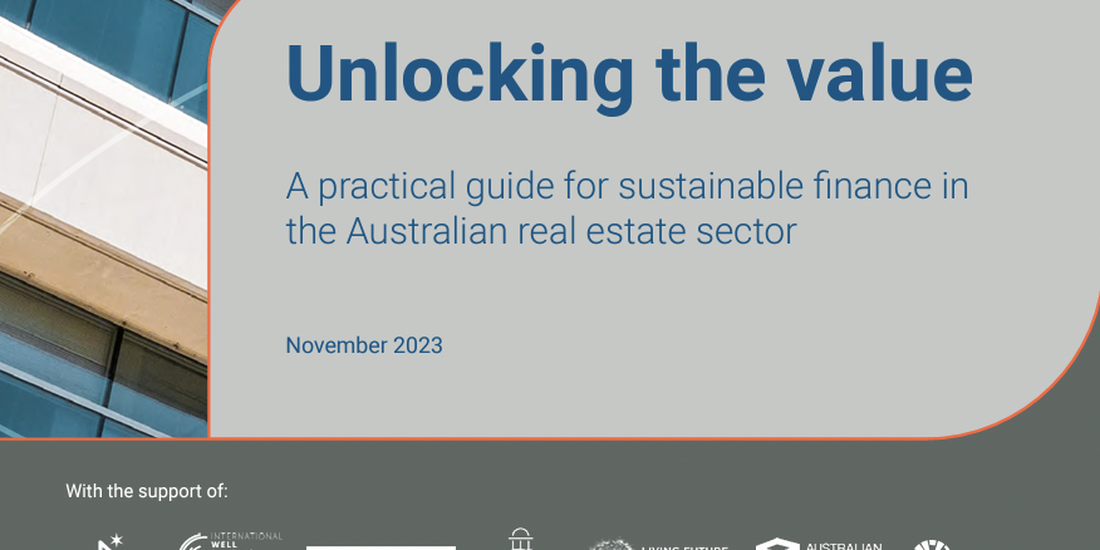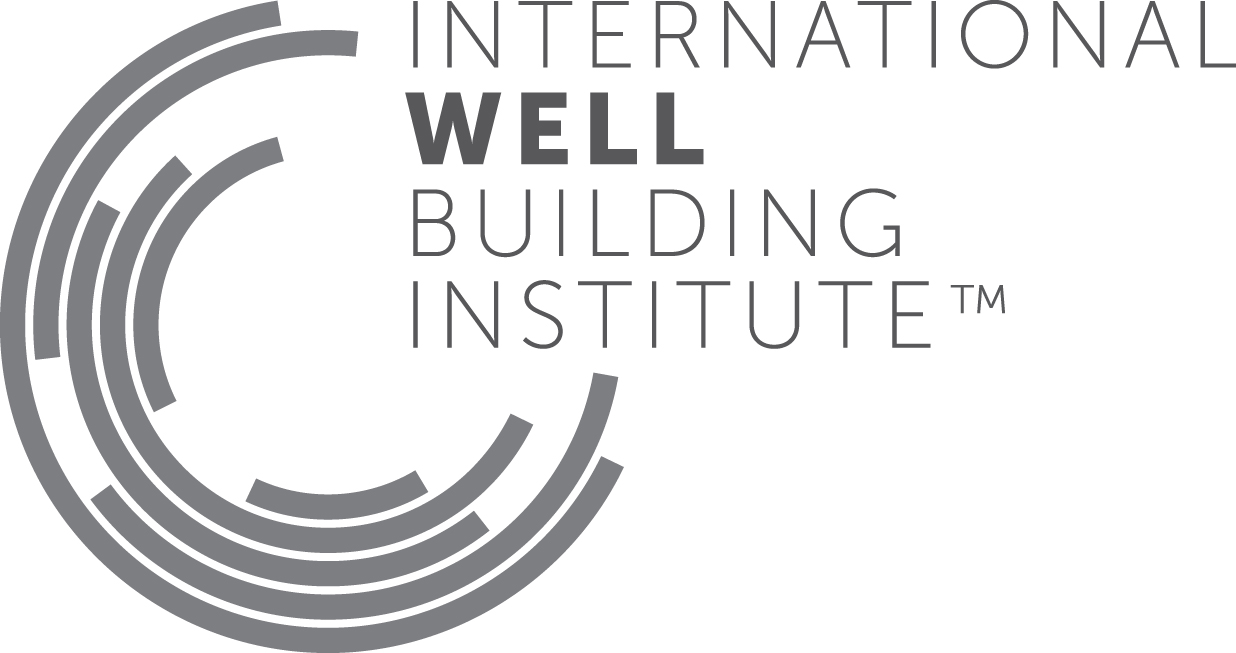New Publication Sheds Light on Sustainable Finance, Demystifies Space for Real Estate
by Alex Stevenson

Green Building Council of Australia releases ‘Unlocking the Value,’ a practical guide to sustainable finance in the Australian real estate sector
Around the world, investors, regulators and organizations are prioritizing non-financial indicators such as human and social capital criteria to better understand risk and return, and demonstrate value and impact.
According to the European Commission, sustainable finance “refers to the process of taking environmental, social and governance (ESG) considerations into account when making investment decisions in the financial sector, leading to more long-term investments in sustainable economic activities and projects.”
This investment landscape, increasingly shaped by ESG factors, has long been in need of more practical, clarifying resources with regards to accessing capital. This is where Green Building Council of Australia’s (GBCA) new Unlocking the Value report sheds light.
The real estate industry is rife with opportunity to better address environmental and social issues, making access to sustainable financing, like green loans and bonds, more crucial than ever to reach these goals.
While Unlocking the Value is geared towards the Australian market, much of the content applies to the global real estate industry. It is one of the most comprehensive resources addressing green capital to date, providing much needed guidance on how to work with the finance sector to enable sustainable financing for development and operational improvement projects.
The guide breaks down more than ten [sustainability] frameworks and rating systems – the WELL Standard among them – to demystify the space and demonstrate how their application can facilitate access to sustainable capital. Importantly in regards to IWBI, the report positions a ‘focus on people’ as a major initiative within the industry through a focus on health, equity and well-being. IWBI informed the inclusion of social considerations within this guide and categorized how the WELL Standard relates to leading sustainable finance frameworks.
“In a landscape that continues to rapidly evolve, it’s energizing to see such a practical guide for the real estate industry. Unlocking the Value will encourage more owners and developers to leverage sustainable finance to achieve higher levels of environmental and social performance,” said Kelly Worden, VP of ESG and Investing for Health, IWBI.
We know that investments in sustainable buildings can improve indoor air quality, reduce noise pollution, and promote healthier lifestyles, thereby contributing to public health. In the past, we’ve seen a great deal of movement in relation to climate change mitigation (i.e., the ‘E’ pillar within ‘ESG’), but there has long been a lack of visibility of the connection between human health and the financial bottom line (the ‘S’).
Green frameworks are primarily concerned with equipping physical assets to withstand environmental risks, in order to protect the investor’s financial interests. WELL addresses social risks that are relevant to investors, but aren’t comprehensively addressed today by existing investment and regulatory frameworks. However, as more publications and reports like this one help guide organizations how to mitigate these risks, it’s clear that the industry is moving in the right direction.
Unlocking the Value will help more organizations follow the lead of those who have already integrated WELL achievements into their sustainable finance strategies, including Aviva Investors, CBUS Property, Champion REIT, Colliers International, Mexico Ministry of Finance and Qatar National Bank.
With this new resource, and a spotlight on WELL, we’re confident that the real estate industry will be better equipped to understand the significance of protecting any organization’s most valuable asset – their people.
To download the report, please click here.
View original content here.

